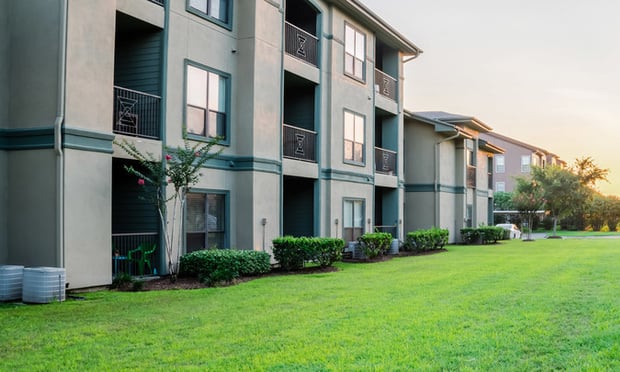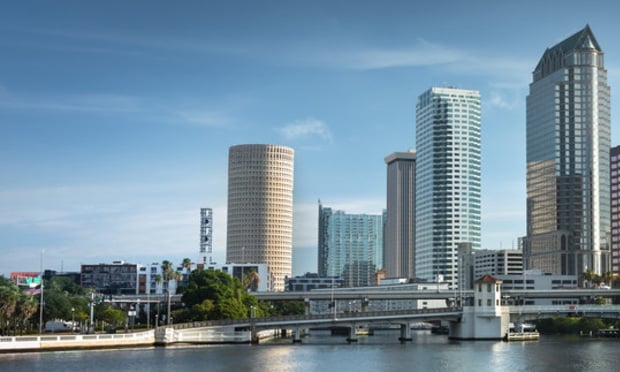"We're definitely a little ways away from the Jetson apartment," Steve Lefkovits, vice president of the National Multi Housing Council told GlobeSt.com. "It's been a tremendous disappointment to the industry." The council has just wrapped up a two-day Apartment Technology Conference in Dallas, where an estimated 600 owners, managers, lenders and IT providers had gathered to wrestle with the state of the industry.
The conference consensus is that IT companies need to collaborate and combine services to deliver on the promises that have been made to the multifamily sector. Lefkovits has been pressuring for bottom line accounting because he doesn't believe the industry is as inefficient as many IT providers claim. And, he emphasizes, some - such as procurement services - need to step back and consider setting up a point of presence with brick-and-mortar wholesalers instead of developing a point-and-click replacement. "We're talking about aggregating human behavior," explains Lefkovits. "People have existing relationships ... We have a very dynamic, competitive marketplace. I'd be shocked and amazed if the inefficiencies are still there."
Last year's optimism has faded, giving way to skepticism because too many promised products are still in development and roll-outs have been slow in coming. Many products, says Lefkovits, are still four to six years away from being placed into the marketplace. Meanwhile, the IT ranks are shrinking, with more expected to go out of business in the next few months as capital is exhausted and added funding fails to materialize. He estimates 50% to 75% of the IT companies across-the-board are suffering and broadbands in particular due to the market share under AT&T's control.
Lefkovits says the IT providers attending the conference have blamed the complexity of the industry on slow product roll-outs. "It's been an enormous undertaking," he says.
It's not just the IT procurement and leasing industry, but it's been the broadband providers as well who have disappointed the multifamily sector. The problem is a shortage of skilled technicians to install the necessary equipment, which often takes longer than expected, and the cost. Lefkovits says it costs between $30,000 and $90,000 to wire an average multifamily building for broadband, with the average per unit cost now standing in the neighborhood of $1,000 at this stage of development.
Want to continue reading?
Become a Free ALM Digital Reader.
Once you are an ALM Digital Member, you’ll receive:
- Breaking commercial real estate news and analysis, on-site and via our newsletters and custom alerts
- Educational webcasts, white papers, and ebooks from industry thought leaders
- Critical coverage of the property casualty insurance and financial advisory markets on our other ALM sites, PropertyCasualty360 and ThinkAdvisor
Already have an account? Sign In Now
*May exclude premium content© 2024 ALM Global, LLC, All Rights Reserved. Request academic re-use from www.copyright.com. All other uses, submit a request to [email protected]. For more information visit Asset & Logo Licensing.








